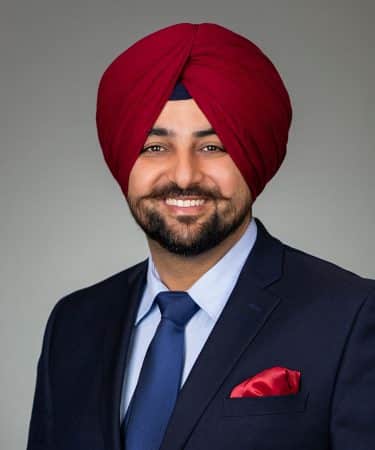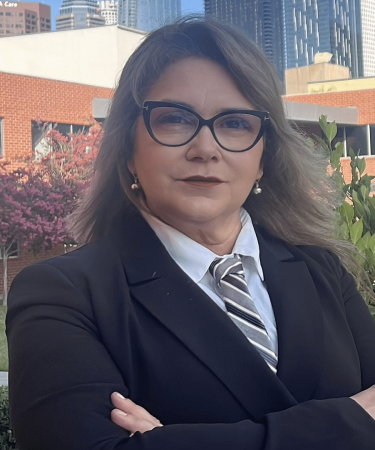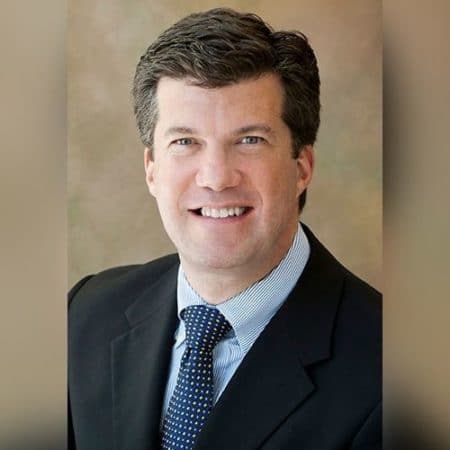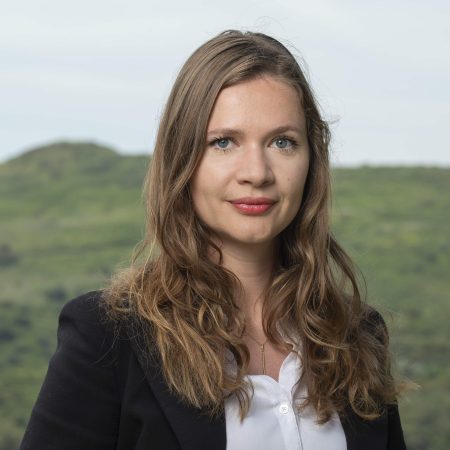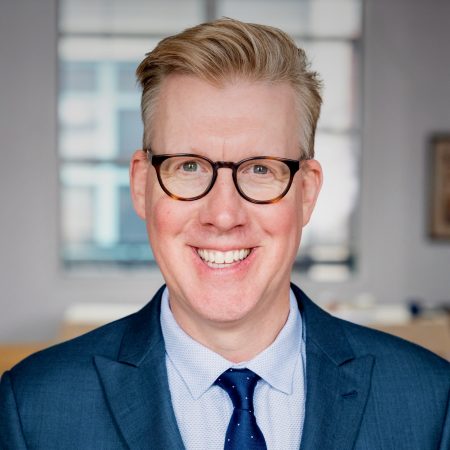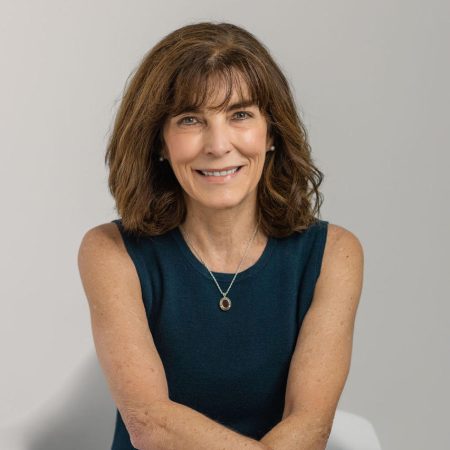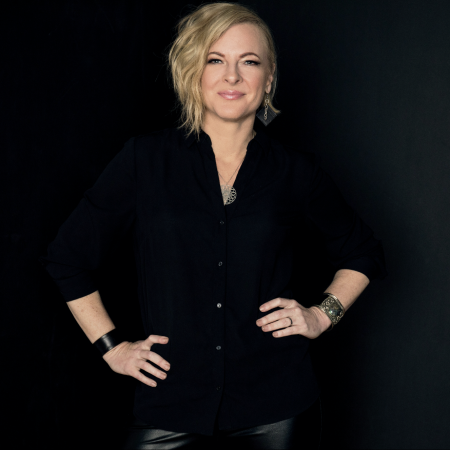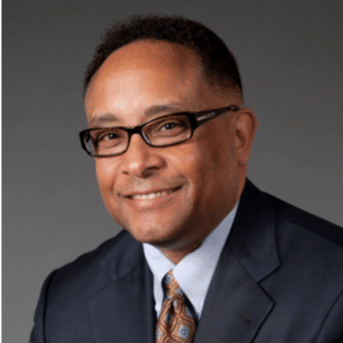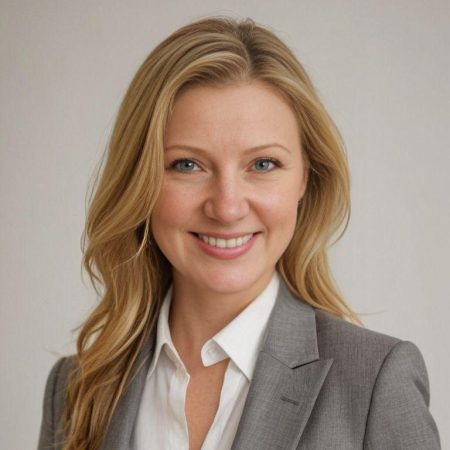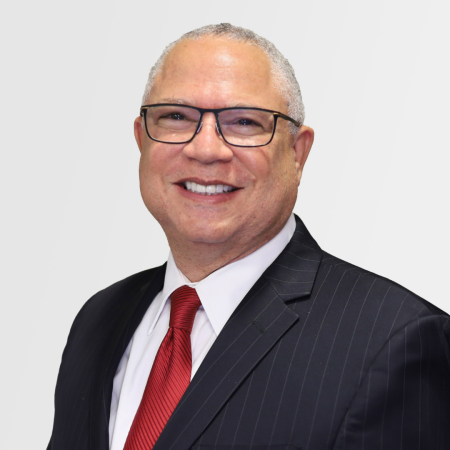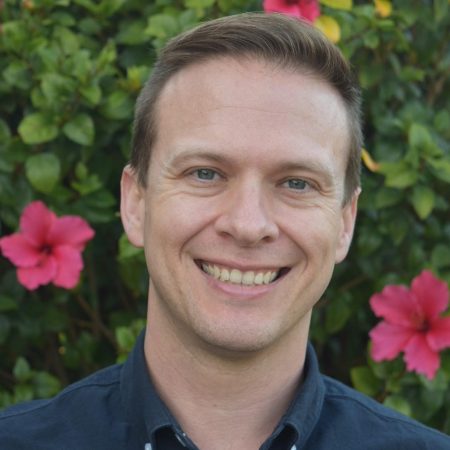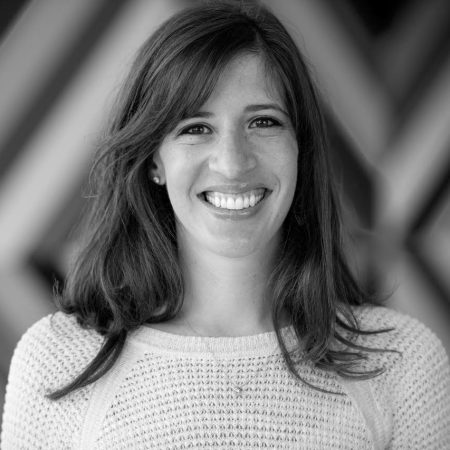At SCMA’s Annual Conference, Dr. Singh will discuss “Meditating with heart and mind in divided times”. During the election year, when it seems like our society and our politics is broken, Dr. Singh will look at the historical lens of unity and divide and he will discuss the science and the psychology of building trust without compromising values while examining the evolution of problem solving principles as it applies to the divided world. In particular, Dr. Singh will present the reasons for the increase in division while proposing solutions on how to move forward with lessons for mediators and non mediators. Be prepared to be challenged, and to leave with a passion for a unique way of thinking about our cross-cultural future.

